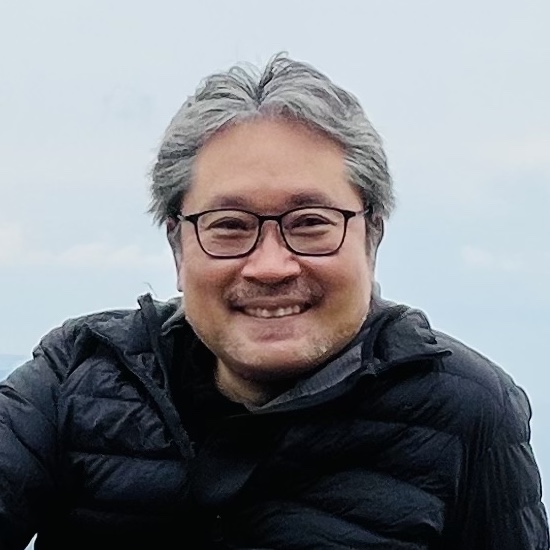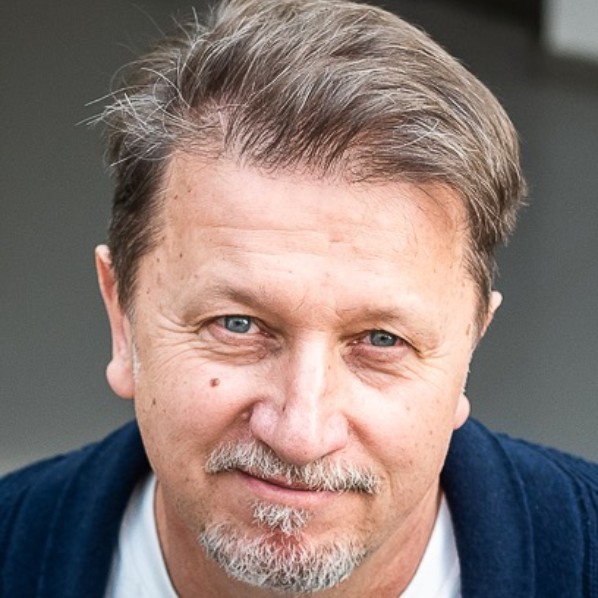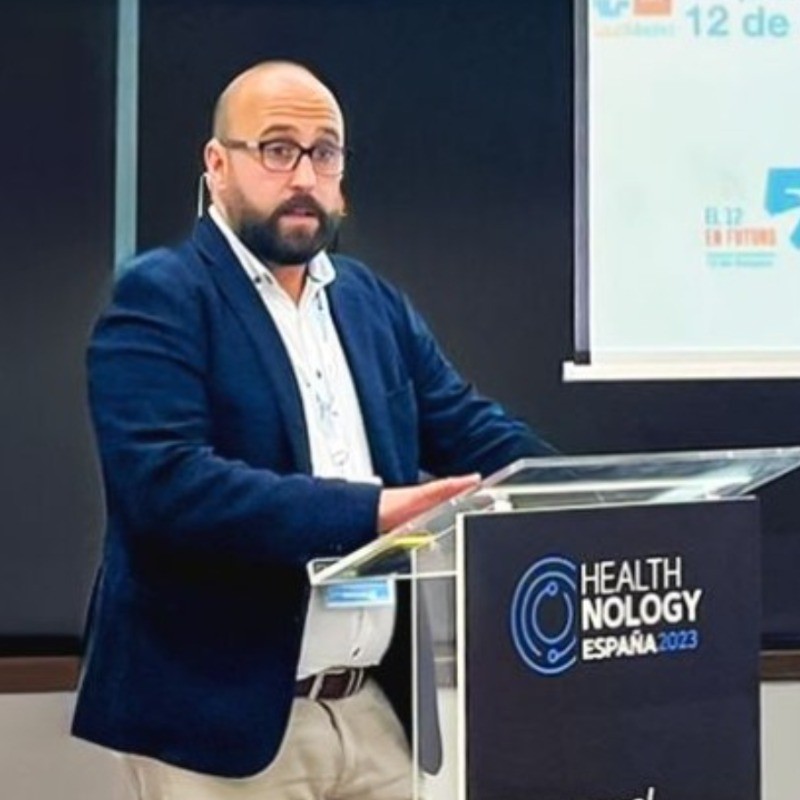Prof. Toshiaki Katayama
Database Center for Life Science (DBCLS), Tokyo, Japan

Open Source Ecosystem for Knowledge Graphs
Semantic Web technologies best implement the FAIR principles. By utilizing standards such as RDF, OWL, and SPARQL, they enable structured and machine-readable data representation, ensuring interoperability across various domains. This approach also facilitates the integration of heterogeneous datasets, enhancing their accessibility and reusability.
At the Database Center for Life Science (DBCLS), we have integrated over 60 life science and biomedical databases into our RDF portal. However, various challenges remain in effectively combining and utilizing these resources. These include establishing community agreements on the use of common URIs and handling prefix rewriting, developing and adopting common ontologies, representing complex biological data models, enhancing expertise in managing large-scale knowledge graphs, designing effective SPARQL and GraphQL queries, and building web applications based on these technologies.
To address these challenges, DBCLS has been organizing the annual international developer conference, BioHackathon, where database developers and researchers from around the world collaborate to improve standardization and interoperability. Additionally, we have developed various open-source software as generic middleware solutions for knowledge graphs, including SPARQL-proxy, SPARQList, TogoStanza, Grasp, and RDF-config.
By fostering this ecosystem for knowledge graphs through international collaboration, we aim to advance open science, drive progress in data science, and contribute to applied research areas such as personalized medicine and drug discovery.
Bio
Toshiaki Katayama is a professor and vice-director of the Database Center for Life Science in Japan. He graduated from Kyoto University in 2001 and worked for developing the KEGG database as an associate instructor at the Bioinformatics Center in Kyoto University. He became assistant professor of the Human Genome Center at the University of Tokyo in 2003 where he developed Web services for the KEGG database. In 2012, he moved to the Database Center for Life Science and is currently working on the data integration and standardization of life science databases with Semantic Web technologies. He has been organizing annual international BioHackathon and monthly Togothon meetings. He received Ph.D. from the University of Tokyo in 2019 for his work on standardization and interoperability of bioinformatics data and web services. See the LinkedIn public profile for more details.
Prof. Anna Fensel
Wageningen University & Research, Wageningen, the Netherlands

Knowledge graphs for FAIR principles and legal compliance in health care and life sciences data.
Abstract
The adoption of semantic web technologies in health care and life sciences has a long-standing record of success, demonstrating that many of the challenges we face today already have well-established solutions. Symbolic artificial intelligence (AI) and the semantic web in particular provide robust methods that prioritize data integration and interoperability. However, a critical bottleneck persists: the need for high-quality data and metadata. This has a broader overall impact for AI in life sciences, as the utility of any computational approach is inherently limited by the availability and quality of its input data. A significant issue here lies in the frequent lack or insufficiency of semantics in the current deployments of FAIR (Findable, Accessible, Interoperable, Reusable) data practices. Data across life sciences disciplines often remain un-FAIR, also for its processing with further AI techniques, such as machine learning and deep learning. This is especially problematic in addressing complex, interdisciplinary challenges, such as adapting to climate change, where heterogeneous data sources must be seamlessly integrated. Furthermore, researchers and organizations frequently exhibit a possessive attitude toward data, creating further barriers to collaboration and sharing. The need for legal compliance (with laws such as GDPR, AI Act, etc.) is adding even further risks and barriers. To address these challenges, we must implement better data governance frameworks that facilitate responsible and legal data reuse while preserving ownership and trust. Specialized research data infrastructures, underpinned by semantic web technologies, can enable the realization of FAIR principles at scale. Knowledge graphs and formal ontologies, in particular, offer a powerful tooling for organizing and linking diverse datasets, ensuring compliance with legal and ethical standards while enhancing their utility in health care and life sciences. In this talk, I will showcase practical solutions and strategic directions for employing knowledge graphs to advance FAIR principles and legal compliance, and discuss their adoption, emphasizing their transformative potential for life sciences, green sciences and beyond.
Bio
Anna Fensel is a Full Professor in Artificial Intelligence and Data Science at Wageningen University & Research, Wageningen, the Netherlands. Previously, she was an Associate Professor and Senior Assistant Professor at Semantic Technology Institute (STI) Innsbruck, Department of Computer Science, University of Innsbruck, Austria, and prior to this worked as a Senior Researcher at FTW – Telecommunications Research Center Vienna, Austria, and a Research Fellow at the University of Surrey, UK, and as a project employee at DERI Innsbruck, University of Innsbruck, Austria. Anna has earned her habilitation (2018) and her doctoral degree (2006) in Computer Science at the University of Innsbruck. Prior to that, she has received a diploma in Mathematics and Computer Science equivalent to the Master degree (2003) from Novosibirsk State University, Russia. Her research focus is on semantic technology, linked data and knowledge graphs, and their application and adoption in various domains (e.g. sustainability, energy efficiency, production, food and health, social sciences), as well as across them. Anna has been extensively involved in EU and national third-party funded projects, being a consortium coordinator of several projects, as well as a principal investigator in further more than 20 projects. She has been a co-organizer or a Program Committee member of more than 100 scientific events, including being in chair roles at major events (e.g. RuleML+RR, SEMANTiCS, and ESWC), an editor and reviewer for numerous journals (e.g. as an editorial board member of Engineering Applications of Artificial Intelligence) and a project proposals evaluator for numerous EU and national funding agencies. She has co-authored ca. 150 refereed publications, and received several best paper awards.
Prof. Jiri Vondrasek
PI – Vondrasek’s group at IOCB AS CR, Head of the ELIXIR CZ Infrastructure

FAIR in Action: Transforming Cheminformatics Through Linked Data, Standards, and International Collaboration
Abstract
The cheminformatics community is at the forefront of advancing FAIR principles, leveraging linked data and open standards to enable global research and innovation. This keynote will present recent developments in FAIR cheminformatics, highlighting collaborative projects with the Swiss Institute of Bioinformatics (SIB) our involvement in the CHIST-ERA project.
We will explore the development of linked data systems and SPARQL endpoints, with a particular focus on IDSM, to showcase how these tools have advanced the accessibility and usability of cheminformatics data. The talk will also examine the adoption of standards like InChI, discussing their role in enabling data interoperability as well as their current limitations. Furthermore, we will highlight how these efforts have facilitated the seamless integration of cheminformatics data into diverse applications, ranging from biodiversity research to clinical studies. A key focus will be on addressing challenges unique to the Czech life sciences ecosystem within the ELIXIR framework, sharing practical insights and lessons that can be applied to other regions and scientific disciplines.
Through case studies and practical examples, this session will demonstrate how international collaborations and cutting-edge technologies are driving FAIR implementation in cheminformatics. By connecting research and industry, we can unlock new possibilities for data sharing, drug discovery, and interdisciplinary applications, paving the way for a more integrated and innovative scientific future.
Bio
Prof. RNDr. Jiří Vondrášek, PhD, is a senior researcher at the Institute of Organic Chemistry and Biochemistry, Czech Academy of Sciences, and the Director of the ELIXIR CZ infrastructure. With a background in biophysics, physical chemistry, and bioinformatics, his work bridges the fields of computational chemistry, molecular biology and bioinformatics. Prof. Vondrášek has significantly advanced semantic interoperability, data sharing, and reuse in life sciences. His contributions include the development of tools for linked data, such as SPARQL endpoints, and promoting FAIR data principles within the ELIXIR framework. With over 140 peer-reviewed publications and extensive teaching experience, his work addresses the challenges of data integration and standardization, fostering global scientific collaboration.
Miguel Pedrera Jimenez, PhD
Health Data Platform Specialist at Better

Miguel Pedrera Jiménez
Towards Next Generation Health Data Spaces
The digital transformation of healthcare means that every activity and process generate and consumes data. This health data must be used with full meaning and context, to avoid ambiguities and potential errors, in tasks such as decision support, continuity of care, clinical planning, biomedical research, and technology development. How can this be achieved? In this presentation we will see how new generation health data spaces are being designed and implemented at hospital, regional, national and European level.
Bio
Graduate in Telecommunications Technologies Engineering from the University of Seville, and Master’s and Doctor Cum Laude in Biomedical Engineering from the Polytechnic University of Madrid. His career has developed as a consultant and researcher in the field of Biomedical Informatics, with a specialization in the design and implementation of healthcare data platforms and spaces for assistance, planning, and research, based on international open standards such as openEHR, HL7 FHIR, and OMOP CDM.
Currently, he is a Digital Health Specialist and Presales Manager for Spain and LATAM at Better, while also participating as an expert consultant and lecturer in various standardization committees, projects, and international consortia, universities, and regional working groups of the Spanish Ministry of Health and the Spanish Agency for Medicines and Medical Devices (AEMPS). Previously, he was responsible for the Health Data Area of the 12 de Octubre University Hospital in Madrid and the Data Science Unit of its Health Research Institute.
